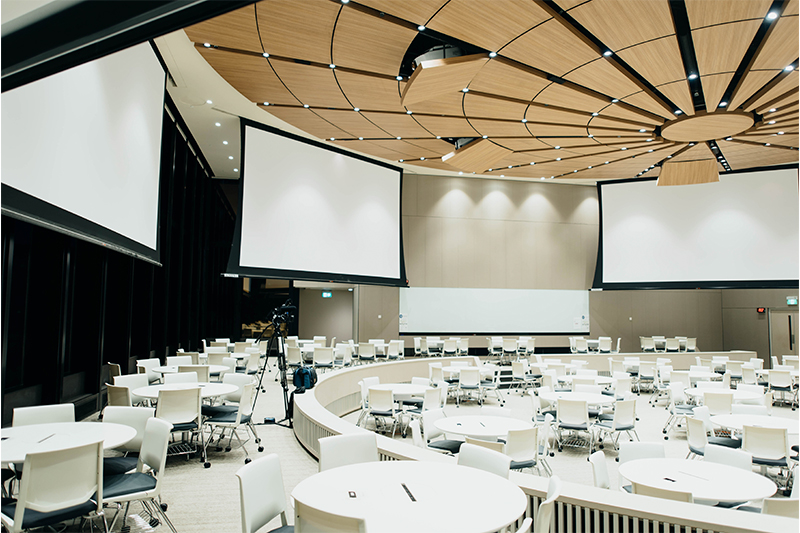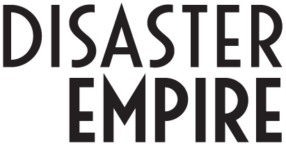
COVID is over, so what now?
I learned from conferences this year that we are all still recovering from the worldwide pandemic. Many of you read my blog, In Praise Of Conferences, where I had my first real in-person experience since the COVID-19 emergency restrictions were enacted. Like others, I was glad to return to seeing colleagues. However, I found it disconcerting to be in a room with so many people after the lockdown isolation of the previous few years. It’s still something I am getting reacquainted with.
The World Health Organization recently announced that the need for a global public health emergency is ended. Now that the public health emergency of international concern (PHEIC) is over, we will see increased normalization of pre-pandemic activities. However, I realize that other cascading events, such as the War in Ukraine, economic instability, and climate concerns, are taking center stage. I also want to take a moment to acknowledge that many of you saw your travel budgets cut back. So, I am sharing my perspective on what is taking center stage at 2023’s continuity conferences.

The Value of Conferences Goes Beyond CEs
Of course, many of us attend conferences to maintain our professional licenses. Whether to gain continuing education credits or learn from peers, industry meetings like Continuity Insights, BCI World, or the Disaster Recovery Journal Fall 2023 provide ample learning opportunities. If you attend only for the educational credits, you miss the boat. Not only are they an excellent way to meet and network with peers or catch up with colleagues, but it must also be said that our vendors always bring their A-game.
Although I haven’t made it to a RIMS conference yet, I hope to expand my understanding of risk in the future. Even RIMS brands their conference as a “World of Resilience.” And that is one of the learnings from my experiences this year. We are all moving from risk management toward risk mitigation and proactively working toward business resilience. This approach can’t come too soon, in my eyes. I have championed resilience since Disaster Empire’s launch for those following my blog. Every indicator is that we must embrace this approach more now than ever.

What's Risk Got to Do With It?
You can’t have resilience without a deep understanding of risk. Every guest on my YouTube channel discusses threats and mitigation tactics. My conversation with Factal’s Cory Bergman about Risk Intelligence and Resilience was a case in point. His company, Factal, can help companies to get verified breaking news to understand risk and protect their assets. Yet, you can’t rely on intelligence data alone. Organizations must be positioned to use and act on this information when needed.
Mapping The Geopolitical Risks Ahead is critical to building resilience for today’s concerns. You can choose what interests you most by attending educational meetings like conferences. However, practitioners should diversify their skills and abilities in various areas to stay relevant in the industry. I purposely sit in on topics I know less about and want to learn more about. You would have to drag me kicking and screaming to another Business Impact Analysis or importance of planning presentation. Instead, I want a presentation on risk mitigation, risk intelligence, and how to apply it to the business landscape. Those conference sessions stand out for me — the “hows” rather than the theoretical.

2023 is Good So Far and Can Be Even Better
So, I learned from conferences that more of us must stand up and offer to present what is new and valuable at our peer meetings. I am attending to learn something new–a different approach and insights into how programs are being implemented and who is innovating. Don’t get me wrong, covering the basics of BIA, continuity planning, and exercising is essential for those new to the field. But many of us have been around a while, and there’s so much new pushing forward with resilience that I want to see more colleagues step forward and share.
I am trying to increase my peers’ education about resilience. This blog and the podcast are two ways I do that. Additionally, I do try to give back in webinars and other presentations. What strikes me is that we have so many outstanding professionals–internal to companies, consultants, and vendor partners that none of us should walk away from a conference unchanged. Attending is a considerable investment, and we must demand that we get the most out of a conference as possible. Going into the latter half of the year, I have high hopes for ACP meetings, the International Crisis Management Conference (ICMC), and DRJ Fall.

So What's the Value to You and Your Company?
Attending a conference can provide numerous benefits for the participant, including:
Learning opportunities: Conferences often feature presentations, workshops, and keynote speeches from industry experts, researchers, and thought leaders. These sessions can provide valuable insights into the latest trends, innovations, and best practices in a particular field or industry.
Networking: Conferences offer participants the opportunity to meet and connect with other professionals in their field, including potential collaborators, mentors, and clients. This can help expand their professional network and open up new career growth and development opportunities.
Career development: Conferences can be a valuable platform for participants to showcase their work, gain recognition, and receive feedback from peers and experts. This can help to boost their professional reputation and increase their chances of career advancement.
Exposure to new ideas: Conferences often feature a diverse range of speakers and topics, exposing participants to new ideas and perspectives they may not have encountered otherwise. This can help to broaden their knowledge and understanding of their field or industry.
Personal growth: Attending a conference can be a valuable personal growth experience, as it can help participants to develop their communication and interpersonal skills, build confidence, and gain new insights into their own strengths and weaknesses.
Overall, attending a conference can provide numerous benefits for the participant, including learning opportunities, networking, career development, exposure to new ideas, and personal growth.

What's Next for Continuity Conferences?
Of course, I did not speak to the Emergency Management or disaster relief-related engagements. My focus is on business continuity management and resilience-focused sessions. They relate best to my interests, but many of my colleagues are actively engaged on the front lines of community disasters. For example, I recently talked to my colleague, Edward Colson of ReadyNorthwest, on the Disaster Empire podcast about the emergency management services he offers to prepare for crises.
When I attend conferences in the future, I want to see a greater emphasis on how peers are implementing organizational or operational resilience. Seeing people present on Building Workforce Resilience and bringing employees into the equation would be amazing. Technology is a significant focus, and so is program governance. But we all know none of that matters if your people are unable or unwilling to run towards the crisis to support the business instead of away from it. Or are ill-equipped to manage an event response. Let’s see a holistic approach to resilience like my peers, Erika Andresen and Katie Belfi, advocate for.
Did you know?
Disaster Empire blogs contain embedded links to source materials, articles of interest, videos, books, and training I recommend. Just click on the blue embedded link to access the resource.
